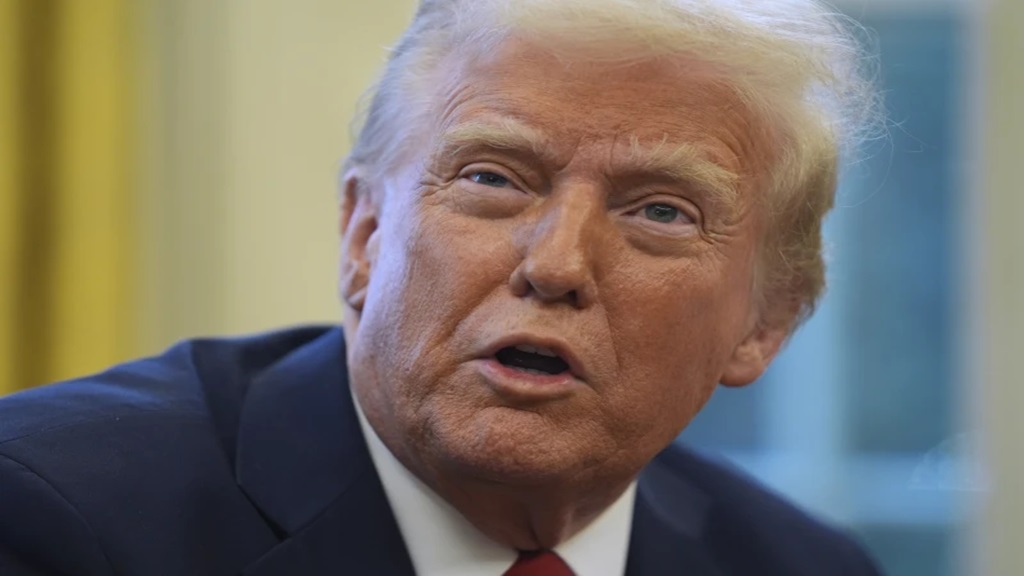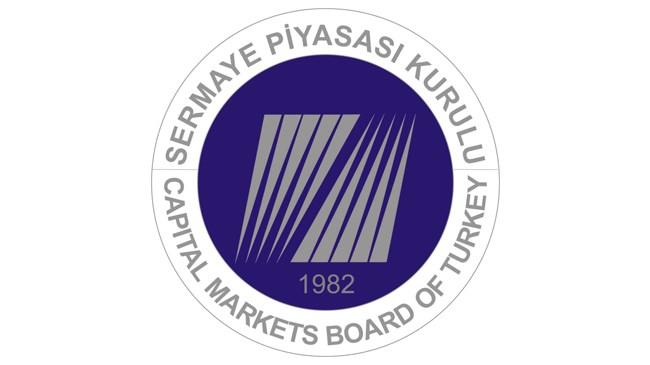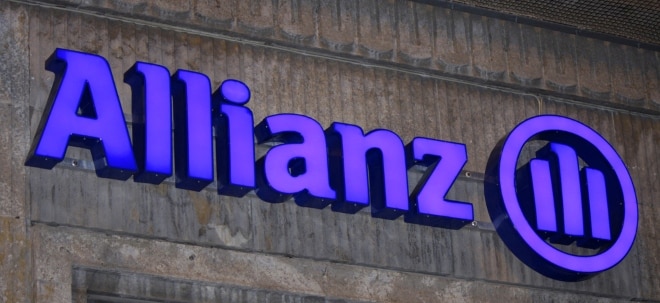(Teleborsa) – The economic outlook of the Eurozone has certainly improved compared to last year, but risks persist that should not be underlined, according to ECB President Christine Lagarde . “Unlike last year, where we had a sea of uncertainty at the source, now the sea has partially receded, but uncertainty remains,” he said during the panel with the central bankers of the US, UK and Japan at the annual forum of Sintra, Portugal. Lagarde cited three elements of uncertainty: persistent difficulties in supply chains; increases in energy prices and the risk of new pandemic waves. “How long will it take to resolve these bottlenecks is one of the key questions”, he specified, while energy price problems should “resolve in the early part of 2022”.
Federal Reserve Chairman Jerome Powell said he finds it “frustrating” that there is no improvement in supply bottlenecks at this point in the recovery from the recession. COVID-19. The bottlenecks have “actually worsened a little and we will see this continue a little next year and could keep inflation a little higher”. The Federal Reserve continues to believe that high inflation is a transitory phenomenon, but “if we saw high inflation persist it would be a matter of great concern and the FOMC would intervene,” he added. “My focus is on doing my job”, he instead replied to those who asked him if he was interested in a second term at the helm of the American central bank.
The Governor of the Bank of England (BoE) Andrew Bailey said he expects the UK economy to recover to its pre-pandemic level early next year, a little later than the central bank expected this month. last. Bailey declined to comment on the likelihood that the BoE might raise interest rates before the end of this year. “The preferred tool will always be rates, because we understand the effect of rates in the monetary policy transmission mechanism. But this is not to prejudice what we will decide in November, ”Bailey pointed out. The banker added that the BoE should be very focused on inflation expectations and look at the potential inflation effects of the supply shortage, including long lines at gas stations.
Japan’s economy will continue to recover and could reach pre-pandemic levels by the end of this year or early 2022, Bank of Japan Governor Haruhiko Kuroda
Note: This article have been indexed to our site. We do not claim ownership or copyright of any of the content above. To see the article at original source Click Here












